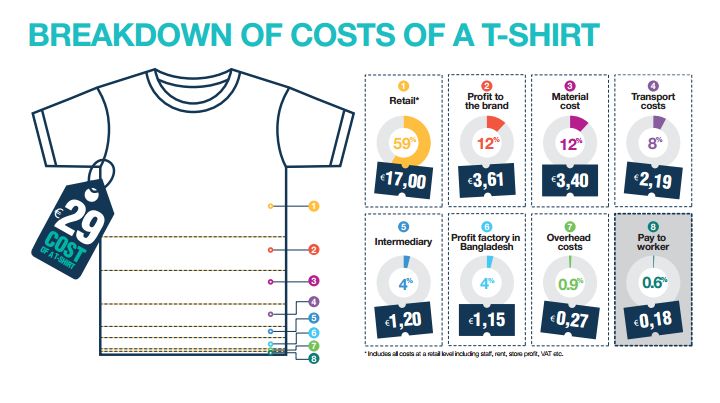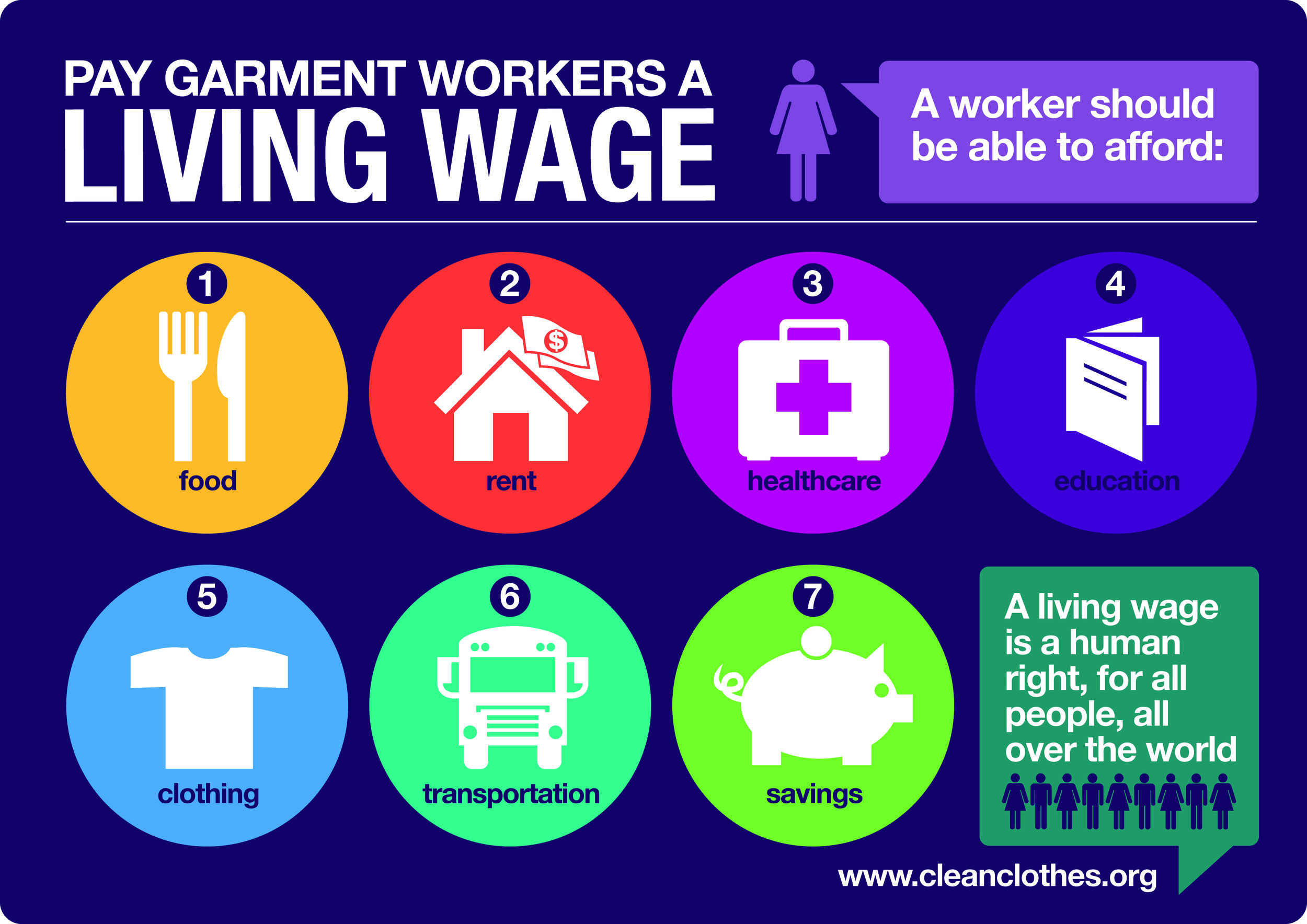International Worker's Day
Happy International Worker's Day! This is a traditional European spring celebration and also in many other countries around the world a celebration of laborers and the working classes. It has its origin in the labour union movement of the Industrial Revolution, and is closely tied to the eight-hour day movement, which advocated eight hours for work, eight hours for recreation, and eight hours for rest. This is a true luxury and we tend to forget it. I mean, I get it. Nobody is really into Mondays, but at least we know that we can finish work after eight hours or that we'll get paid for the long hours we've been working and "TGIF" only exists because we know that we'll have our free weekend.
Unfortunately this is not the standard around the globe. I noticed this grievance especially in the garment industry while I was participating in the Fashion Revolution Week. Going into more research, I found the report "Work faster or get out" of Human Rights Watch which explains explicitly that
Now you might ask yourself, "Why is that any of our problems here in the Western societies? Aren't the governments of those countries supposed to look after the rights of their workers, their people? And when we stop buying clothes from them they won't have any jobs at all?!"
Well, fair enough. The governments should protect their workers and not force them to work under horrible conditions. But at the same time, it should not be any of their concerns that their companies will loose massive orders to sweatshops in other countries when they implement labour rights or give them a fair wage. And that is the point where we as the consumers in the Western World play a crucial role. The demand for cheap clothes pushes clothing companies to cut costs in the supply chain and as a result it is unfortunately the garment worker that will earn the least while making most of the work:
The aim here is not to stop buying cheap clothes in order to ruin the businesses and make people loose their jobs. We should not break the fashion industry but change it! Garment workers should also have the right to earn enough to make a living and be safe while doing it and should not be afraid of loosing their job if they ask for reasonable working hours or a day off when they are sick. Companies have to integrate sustainable practices. And that means sustainable work conditions. Let us aim in the spirit of this day towards number eight of the UN Sustainable Development Goals, which promotes decent work.
© Photocredit:http://www.cleanclothes.org/
Read more here and support the campaings:
http://labourbehindthelabel.org/
https://www.kickstarter.com/projects/947623622/slave-to-fashion?lang=de
© Photocredit of cover picture:Workers at a ready-made-garment factory in Bangladesh. (image courtesy of Institute for Global Labour and Human Rights)


